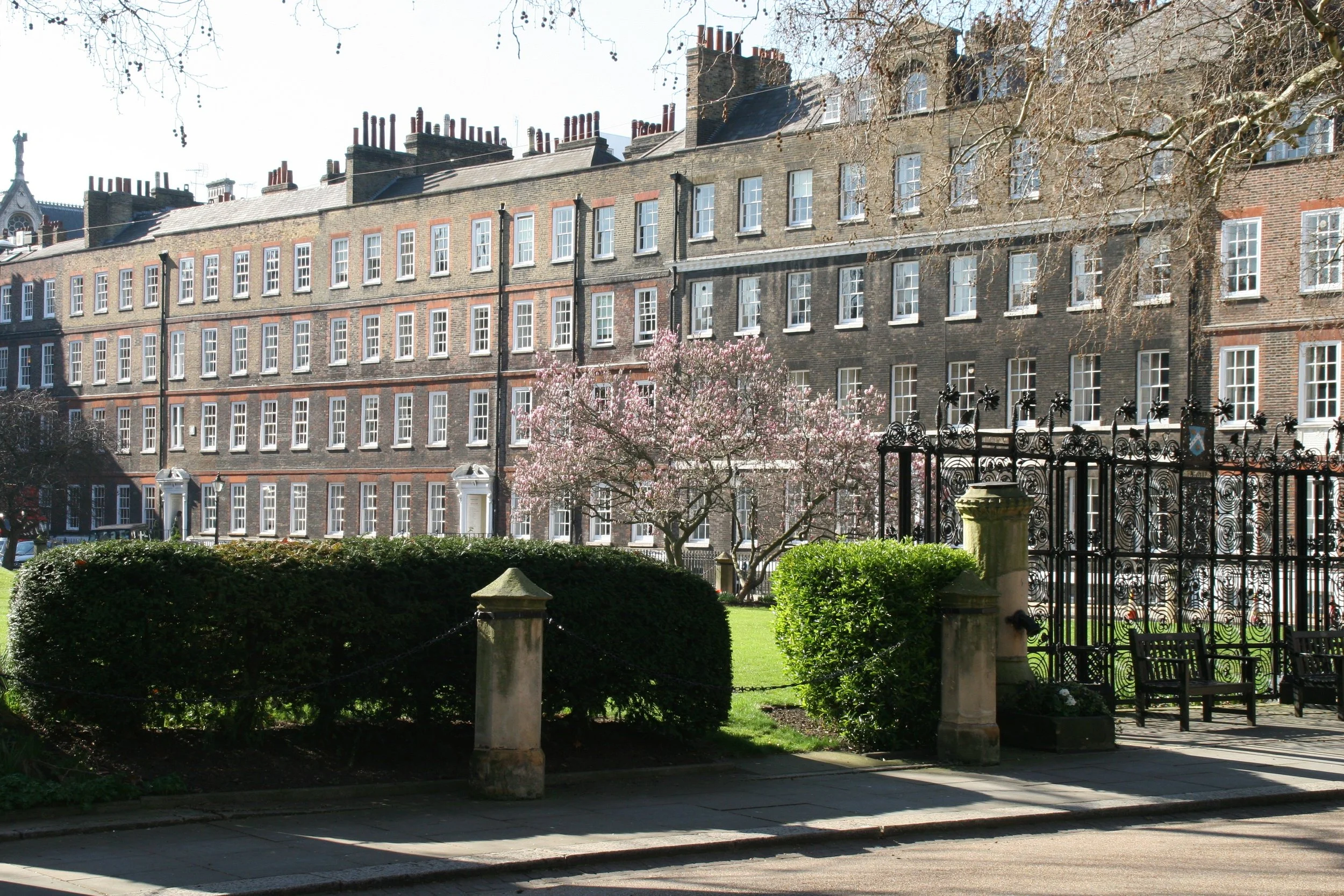CANDEY obtains permission to appeal to the Court of Appeal in another lawyers' rights case
CANDEY has been granted permission to appeal to the Court of Appeal in a case raising significant issues of public policy concerning lawyers’ rights, the rule of law and access to justice. The case raises the fundamental question of whether a client should be entitled to defraud their lawyer with impunity whilst hiding behind the cloak of legal professional privilege.
CANDEY is the claimant in an alleged £3 million fraud committed against it by Amjad Salfiti, a dishonest solicitor, and his alleged accomplice Basem Bosheh, CANDEY’s former client. CANDEY acted for Basem Bosheh pursuant to a conditional fee agreement (“CFA”) in proceedings in which Amjad Salfiti was a Co-Defendant. Their alleged fraud relates to the CFA.
In separate proceedings (D10CL141), HHJ Dight CBE has found Amjad Salfiti to be thoroughly dishonest and liable in fraud.
To establish its cause of action in fraud, CANDEY sought to rely on communications with its client and did so pursuant to the Judgment of Mr Justice Tugendhat in Hakendorf v Countess of Rosenborg [2004] EWHC 2821 (QB) (“Hakendorf”). In his judgment, Mr Justice Tugendhat identified that a lawyer is entitled to the same rights as other litigants, in particular to access to justice, equality of arms, and a fair hearing, and that if reliance on prima facie privileged material was necessary to achieve this, the solicitor should be permitted to rely upon such material. CANDEY also sought to rely on the well-known crime-fraud exception to privilege (the “Iniquity Exception”).
Deputy High Court Judge Clare Ambrose was prepared to accept that CANDEY’s claim had prima facie grounds for a claim in fraud, but ruled that CANDEY was not entitled to rely upon any privileged communications, including those giving rise to an alleged fraudulent misrepresentation. The Deputy Judge struck out all claims that relied on privileged communications.
The Deputy Judge distinguished Hakendorf, drawing a distinction between a solicitor bringing a claim against a former client for unpaid fees in circumstances where the client had sought to challenge such entitlement, and a disputed claim against a former client in fraud. The upshot of the Deputy Judge’s conclusion is that a solicitor with a right to unpaid fees (in circumstances where this is disputed) is in a stronger position than a solicitor who has been the subject of fraud relating to a CFA (where this is also disputed). The Deputy Judge also refused to apply the Iniquity Exception on the basis that a client being untruthful to a solicitor, even if this amounted to fraud against the solicitor causing loss to that solicitor, was not acting outside the ordinary course of the professional engagement.
CANDEY respectfully contends that the Deputy Judge’s conclusions are wrong. Fraud has always been properly abhorred by society and the law. Yet, the result of the Deputy Judge’s conclusions is that a defrauding client can hide behind and abuse privilege, whilst at the same time depriving an innocent lawyer of recourse to legal rights it would otherwise have. The Judgment places a defrauded lawyer in a lower position than anyone else. CANDEY’s position is that there is no reason as a matter of public policy why a client who deliberately and dishonestly lies to a lawyer should be protected by privilege in circumstances where they commit a fraud against a lawyer which leads to loss. Justice, fairness and the rule of law require the opposite conclusion.
In addition to this fundamental rule of law point, CANDEY’s claim raises other important issues of public policy. If it is correct that lawyers can be defrauded with impunity, it risks having a serious effect on contingent fee arrangements which so many impecunious clients with meritorious claims depend upon for access to justice in the civil context. A lawyer knowing that they suffer loss through fraud without recourse to any legal rights may simply refuse to act.
CANDEY expects the Law Society to intervene in this case in support of lawyers’ rights and those of the public, who risk lawyers refusing to risk acting on contingent terms if fraudsters may deceive them with legal immunity.
April 2022

